
Customer transactions at VPBank branch. (Photo: KHÁNH AN)
Understand customers with data
Currently, AI is being widely applied in many industries and fields, especially finance and banking. AI supports big data analysis to forecast market trends, detect fraud, manage risks as well as improve customer experience through virtual assistants, automated consulting services and product personalization. Thanks to that, banks not only optimize operations, save costs but also create new values, helping to increase competitiveness in the digital age.
According to Mr. Cao Vuong, Founder of AIVA Group, artificial intelligence is developing at an unprecedented rate, by 2023, 55% of organizations in the world will apply AI, by early 2025 this number will increase to 78%. In less than two years, the adoption rate has increased by 23 percentage points, showing that this technology is no longer an option but has become a trend in many fields. In particular, the new generation of AI - AI Agent is emerging and becoming a smart and autonomous "digital colleague".
For example, at VietinBank, the internal AI assistant Genie processed 350,000 questions after only two months, saving 95% of waiting time, equivalent to hundreds of thousands of working hours per month. Similarly, Techcombank also applied AI to create 100 million personalized analysis data and send 52 million financial recommendations to more than 4 million customers. “In the future, departments and divisions can be streamlined, requiring only 5 experts focusing on strategy, combined with 10 AI Agents to analyze, deploy and optimize. The efficiency achieved can be many times higher than the traditional model,” Mr. Cao Vuong shared.
With big data analysis algorithms, HDBank can move towards a "1-click banking" model, where all financial needs are handled instantly. Applying AI also helps optimize internal operations. Repetitive and time-consuming processes are automated by software robots, thereby reducing 80% of manual work, saving more than 92,000 hours of labor each year. "We have shortened credit card approval time to less than 5 minutes, instead of hours as before," said Mr. Thai.
In addition, this bank also uses AI in credit analysis (predicting the possibility of bad debt, improving the ability to detect fraud). With this feature, the rate of customers accepting products suggested by the AI system has reached 15% of the total number of suggestions, showing a clear practical impact.
Challenges in implementation
Although AI brings many obvious benefits, for this technology to maximize its effectiveness, banks still have to overcome many barriers. Pointing out the challenges in implementing AI, Mr. Dam The Thai, Deputy General Director of HDBank, emphasized: Firstly, the accuracy and reliability of data are key factors determining the quality of the system's output. Secondly, security requirements are always put first, because banks manage large volumes of financial data and sensitive personal information. In addition, establishing a governance mechanism and monitoring AI operations is also necessary to limit the risk of errors. With the view that technology development must be associated with responsibility, HDBank's representative said that important decisions such as credit or loan approval still need human supervision.
According to Ms. Tang Thi Ha Yen, Director of Data Science at Online Mobile Services Joint Stock Company (MoMo), the application of AI needs to be approached from an ethical perspective. AI in finance brings many benefits but also has the potential risk of bias and error. To respond, MoMo has built 5 core principles of AI ethics, in which human-centered, along with the principles of fairness, privacy protection, transparency and responsibility. MoMo regularly audits credit scoring models to detect errors and designs a system that can explain decisions to users. The company has built a governance process including risk management, human supervision and continuous monitoring after deployment.
According to experts, deploying AI in the financial and banking sectors will require strict governance and security. If not well controlled, models can create bias, causing distrust and legal risks. On the contrary, if applied responsibly, AI will become a platform to promote digital banking development while enhancing customer experience.
AI is reshaping the banking and finance industry, but the path forward depends on how it is implemented. With a long-term investment strategy in technology, data and people, along with clear ethical frameworks, AI can become a sustainable growth driver for banks and financial businesses in Vietnam.
BICH LIEN
Source: https://nhandan.vn/tri-tue-nhan-tao-lam-moi-ngan-hang-post914911.html



![[Photo] National Assembly Chairman Tran Thanh Man attends the VinFuture 2025 Award Ceremony](/_next/image?url=https%3A%2F%2Fvphoto.vietnam.vn%2Fthumb%2F1200x675%2Fvietnam%2Fresource%2FIMAGE%2F2025%2F12%2F05%2F1764951162416_2628509768338816493-6995-jpg.webp&w=3840&q=75)
![[Photo] 60th Anniversary of the Founding of the Vietnam Association of Photographic Artists](/_next/image?url=https%3A%2F%2Fvphoto.vietnam.vn%2Fthumb%2F1200x675%2Fvietnam%2Fresource%2FIMAGE%2F2025%2F12%2F05%2F1764935864512_a1-bnd-0841-9740-jpg.webp&w=3840&q=75)



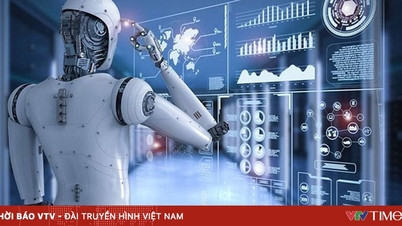








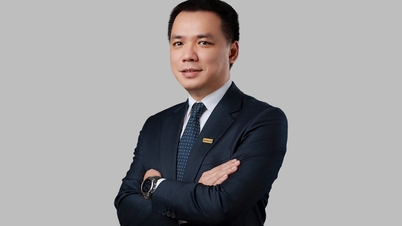


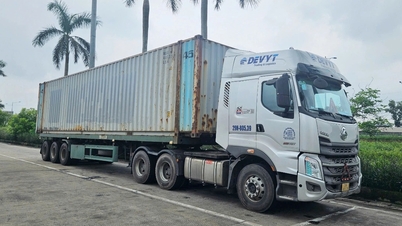











![[Photo] National Assembly Chairman Tran Thanh Man attends the VinFuture 2025 Award Ceremony](https://vphoto.vietnam.vn/thumb/402x226/vietnam/resource/IMAGE/2025/12/05/1764951162416_2628509768338816493-6995-jpg.webp)
![[Infographic] Air pollution and recommendations from the Ministry of Health](https://vphoto.vietnam.vn/thumb/402x226/vietnam/resource/IMAGE/2025/12/05/1764950568593_screen-shot-2025-12-05-at-222015-png.webp)










































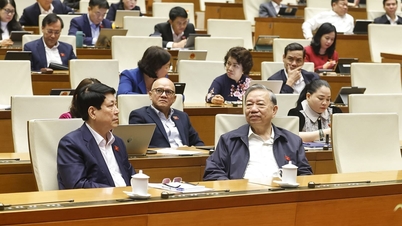













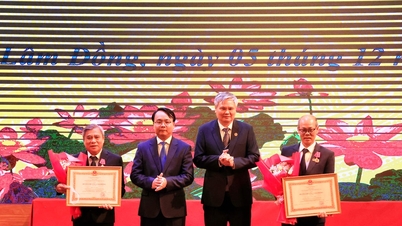



















Comment (0)